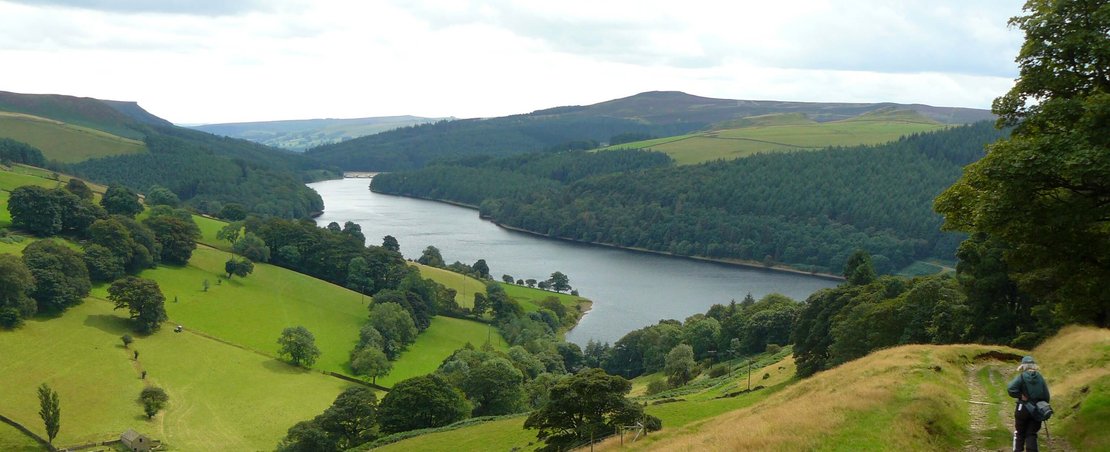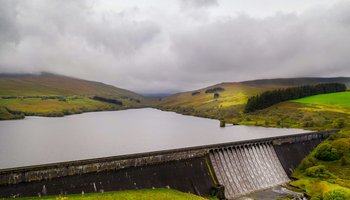
The Natural Capital and Ecosystem Assessment (NCEA) is a new science innovation and transformation programme, designed to collect and analyse data on England’s ecosystems and natural capital. It spans both land and water environments, and aims to understand their extent, condition, changes over time, and the benefits they provide to society.
This programme is led by the Department for the Environment, Food, and Rural Affairs (Defra), and involves collaboration among various government environmental organisations and research bodies, with Natural England (NE) playing a pivotal role. As a new programme there are many challenges to overcome including facilitating cross-departmental collaborations and developing data collection and sharing strategies whilst managing uncertainties surrounding the data being collected and analysed.
To support the NCEA programme, NE’s Data Engagement and Analysis team has developed new tools and approaches to improve data governance and manage data sharing risks. NE invited the ODI to review these new tools and provide independent assurance that their methods were efficient and effective.
To help the team to further explore and realise the value of NCEA data, the ODI recommended additional tools, including Data Ecosystem Mapping, the Data Ethics Canvas, and the Value of Data Canvas. These tools are designed to help maximise impact by supporting teams to integrate effective stakeholder engagement early in the data life cycle and understand the value of data to secure support and make effective decisions on data collection, management and use.
The Data Mobilisation and Integration team at NE plays a crucial role in ensuring robust data governance for the NCEA programme. We are proud to support their efforts in embedding new tools and methodologies, which enable NCEA programme teams to collect, manage, and share data more effectively. Good data governance and early stakeholder engagement in the data life cycle are essential for building the capability and accurately tracking changes. This, in turn, helps protect England's natural environment across both land and water.
It’s been an absolute pleasure working with the ODI. We’ve enjoyed their fantastic insights, and their authority on these topics has allowed us to help projects put meaningful users at the heart of their work. ODI’s recommendations are helping us improve our tools to achieve the best data sharing and outputs.
Senior Officer for Data Engagement & Mobilisation, Natural England


